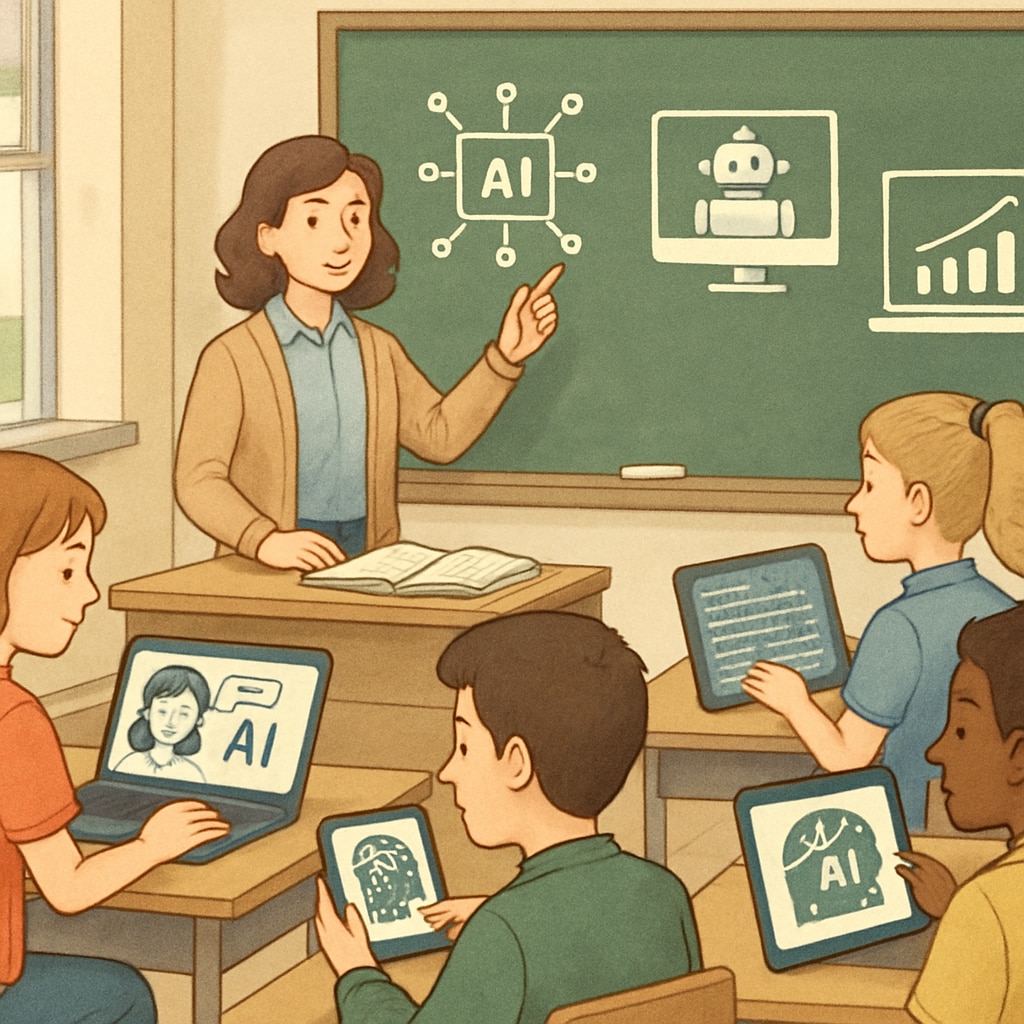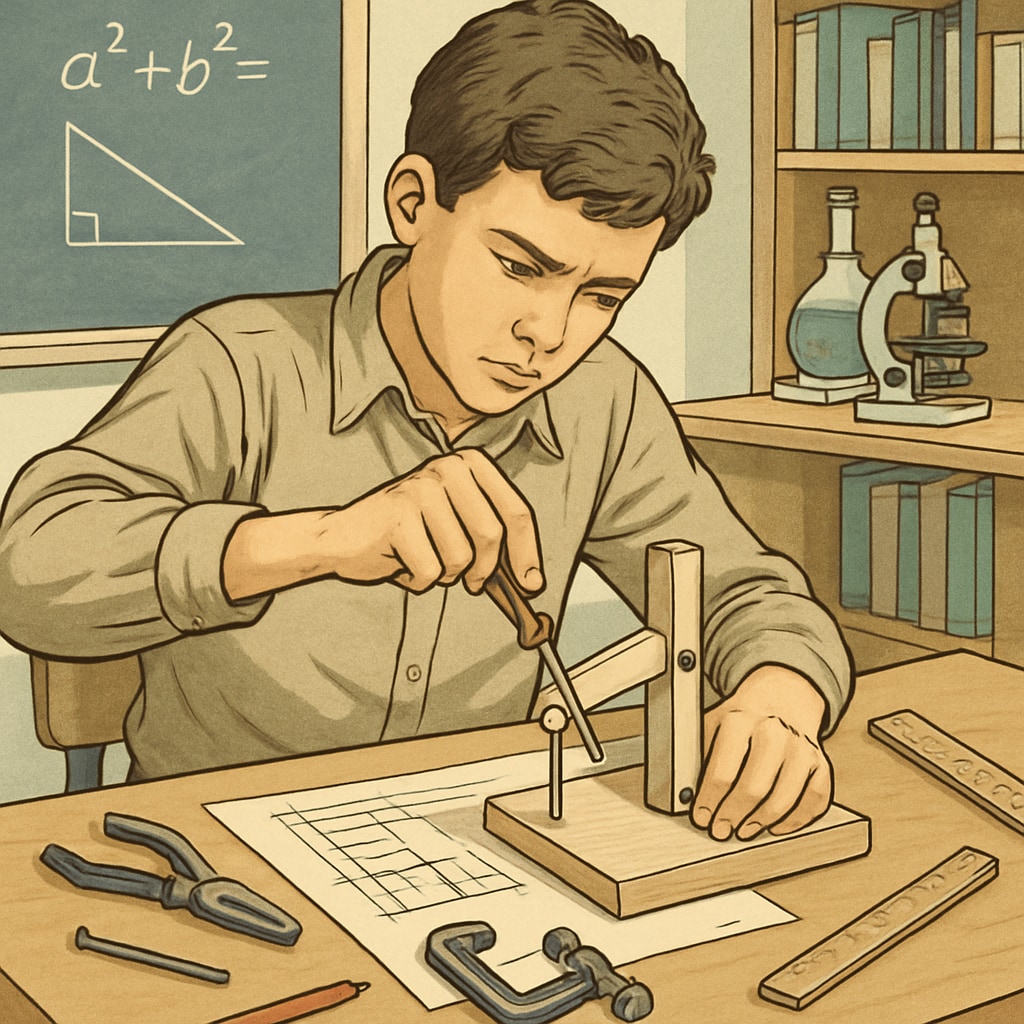The rise of artificial intelligence has revolutionized industries worldwide, and education is no exception. Traditional competitive exams, a cornerstone of K12 education, are increasingly scrutinized for their inability to align with an AI-driven world. As educators strive to develop systems that foster true talent selection, it is clear that redesigning examination models is not just necessary but inevitable.
Why Traditional Competitive Exams Are Falling Short
Competitive exams have long served as a primary method for assessing student potential. However, the rapid evolution of AI technologies has exposed significant limitations in these models:
- Focus on rote learning: Many exams prioritize memorization over critical thinking and creativity, which are essential in an AI-integrated economy.
- Uniform evaluation: Traditional exams often fail to recognize diverse talents and learning styles, leaving many gifted students overlooked.
- Fraud risks: AI tools like ChatGPT are capable of generating answers to exam questions, undermining the integrity of assessments.
As a result, schools and policymakers must rethink these systems to ensure they foster genuine skill development and equitable talent discovery.

Adapting Exams for an AI-Dominated Future
To adapt to the challenges posed by AI, educational institutions should consider innovative approaches to competitive exams:
- Skill-based assessments: Exams should focus on problem-solving, collaboration, and creativity rather than simple factual recall.
- Dynamic testing models: Incorporate AI tools to create personalized assessments that adapt to individual learning paths.
- Integration of real-world tasks: Testing students on practical projects or case studies can better prepare them for future careers.
These changes would align evaluation systems with the skills that AI cannot easily replicate, such as emotional intelligence, ethical decision-making, and interdisciplinary thinking.

The Role of AI in Enhancing Evaluation Systems
Ironically, AI itself can play a pivotal role in improving competitive exams. By leveraging AI-driven analytics and predictive models, educators can:
- Track individual progress and customize learning experiences.
- Analyze data to identify untapped potential in students.
- Create fair and unbiased evaluation frameworks through automated scoring systems.
For example, educational technology platforms powered by AI are already transforming classrooms, enabling more inclusive and effective teaching practices.
Conclusion: Building a Future-Proof Examination System
In the face of AI’s growing influence, traditional competitive exams must evolve to remain relevant. By prioritizing critical thinking, creativity, and practical skills, education systems can better prepare students for the future. These reforms will not only ensure fair talent selection but also cultivate a generation capable of thriving in an AI-dominated world.
As a result, reimagining competitive exams is not just a challenge but an opportunity to revolutionize education for the better.
Readability guidance: This article uses short paragraphs, lists, and clear transitions for accessibility. Active voice and concise sentences ensure ease of understanding while maintaining professionalism.


